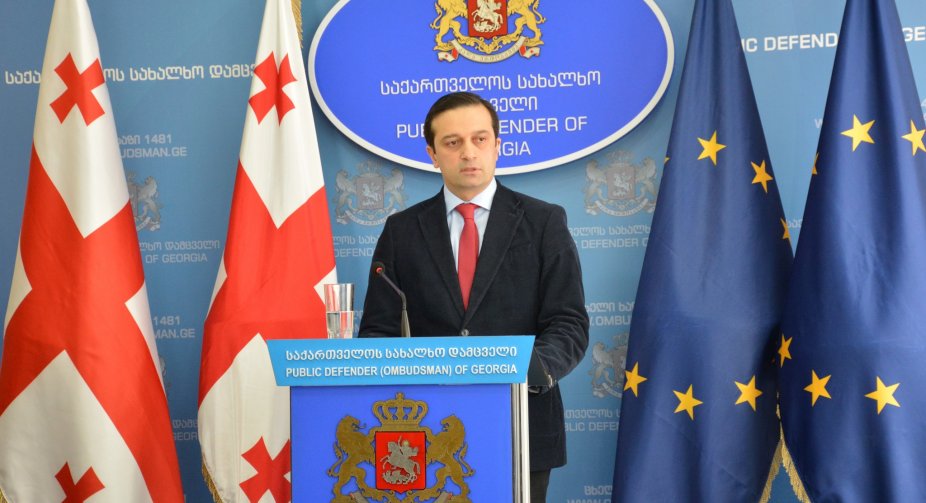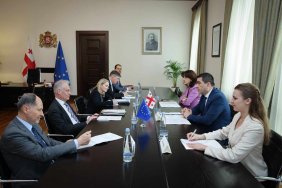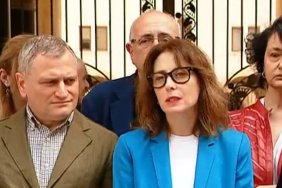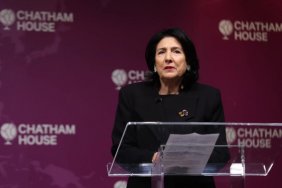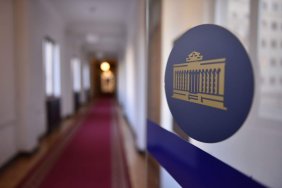The Public Defender of Georgia on Monday voiced a strong stance on media access to parliamentary proceedings, emphasizing the importance of all accredited media outlets having the opportunity to cover events within the Parliament.
Recent developments have sparked controversy as online media and press were reportedly barred from attending a meeting of the legal affairs committee, where discussions surrounding the foreign transparency bill were underway. Committee chairman Anri Okhanashvili has refuted these claims, labeling them as misinformation.
In response to the perceived censorship, a group of journalists, reportedly denied entry, has organized a rally outside the Georgian parliament, demanding the recall of the contentious bill.
Simultaneously, citizens opposed to the legislation have also gathered in front of the legislative body, expressing their dissent.
Adding to the tensions, on April 15, coinciding with the discussion of the bill. The Parliament of Georgia implemented heightened security measures, completely restricting visitor access. Notably, journalists from online media outlets, even those holding parliamentary accreditation, were prohibited from reporting within the premises.
The Parliament's decision, outlined in a statement issued on the evening of April 14, cited the need to ensure a secure working environment within the legislative complex. However, the statement lacked detailed justification, merely referencing a "yellow security level" to be enforced on April 15.
The move comes amidst the initiative of Shalva Papuashvili, the chairman of the Parliament of Georgia, to introduce a rule of division based on levels of danger. Under this rule, the yellow security level permits restrictions on journalist accreditation and building entry, impacting online media.
The backdrop to these developments is the reintroduction of the bill commonly referred to as the Russian Law by NGOs, the international community and the civil sector.
Originally withdrawn in March 2023 following mass protests and international criticism, its return is justified by the government citing "transparency problems." Critics argue that this move is an attempt to suppress dissent and scrutiny, particularly against the government's alleged opacity regarding public information dissemination.
